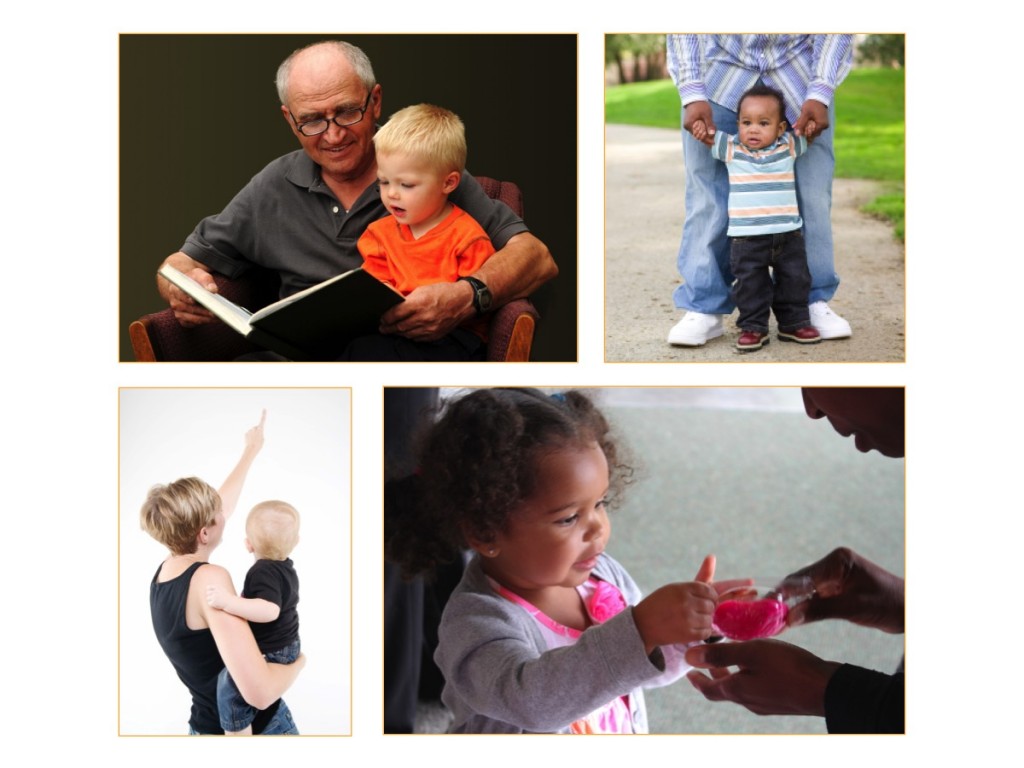
Supportive relationships are the foundation for a “school ready” child. Warm and responsive caregivers help children learn to trust others. When children trust others, they gain confidence to explore their world. In turn, this increases their opportunities to learn. Positive interactions with a responsive adult strengthen connections in a child’s brain.
Relationships become stronger during everyday interactions, particularly when a child directs his own play. Play helps children make sense of the world. Through play, children learn persistence and cooperation, practice problem solving and develop creativity.
Quality interactions are not about toys, but how you use them. There are many products on the market that claim to boost learning or brain development. But scientific research shows that the people in a child’s life are the most important “toys” in the room.
-
- Back-and-forth or contingent interactions
- exchanges in which a caregiver times their responses to a child’s behavior
- Imitation
- observing then reproducing, or copying, a behavior
- Infant-directed speech
- a special tone and style of speech used to talk to young children. It’s also called parentese.
- Scaffolding
- the support a caregiver provides a child to help them achieve more than they would be able to accomplish on their own